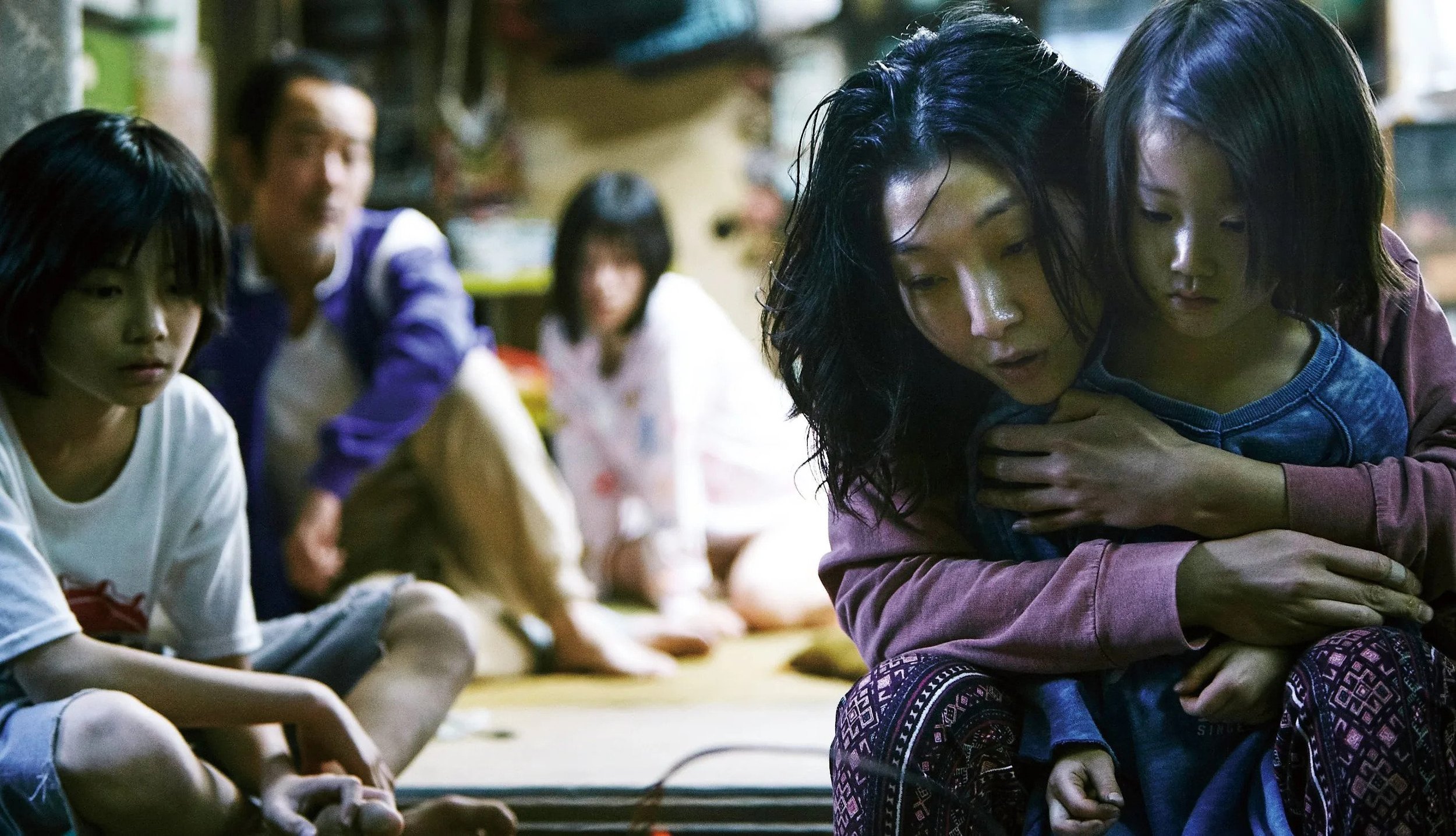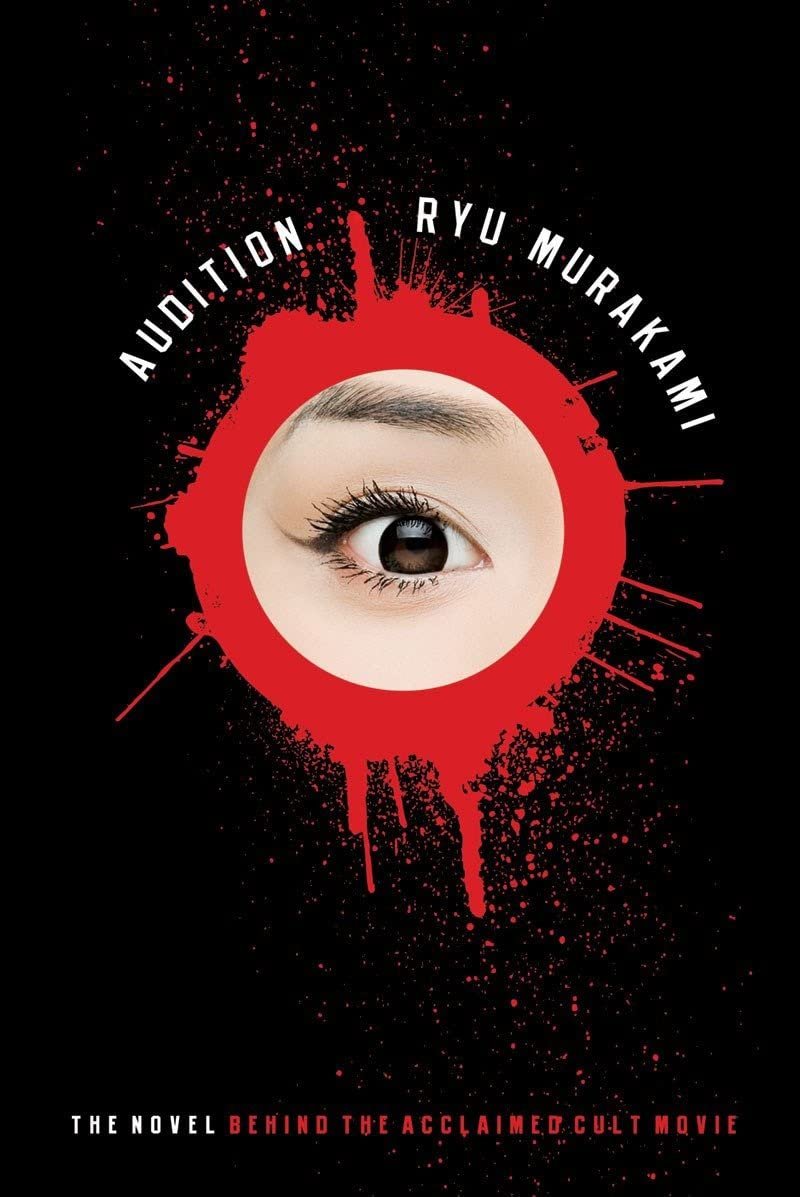Japan, Inside Out: 10 Japanese Socio-Political Movies

Life imitates art, but the opposite also applies.
Art and media have been vessels for history and are a reflection of the reality in which they were produced. Cinematography in particular, whether it be niche documentaries or short films, has been the center for capturing the sign of times in the last century.
All About Lily Chou-Chou, 2001
Japan has tender sights and triumphs, but on the other hand, a rough flipside that may not be discussed as eagerly, yet its film industry does not fail to stand up and challenge its norms and redirect the course of history.
Funeral Parade of Roses, 1969
Hence, the Sabukaru network gathered 10 must-watch Japanese socio-political films. These movies dive deep into Japan’s cultural core, as well as some of its issues, all while spreading awareness of the reality of some of the communities in the country.
Shoplifters [Manbiki Kazoku], 2018
Shoplifters is a heartwarming yet heartwrenching story of loss, found family, and poverty. An unemployed couple, Osamu and Nobuyo, live with Hatsue, an elderly woman who lives off the pension of her deceased husband, as well as Aki, a young sex worker, and Shota, an orphan. They fit the description of a perfect family, but poverty looms ominously over them, and their ties are built on survival. One day, they rescue a young girl, Yuri, from her abusive parents, and as they initiate her into their shoplifting lifestyle, the risk of getting caught red-handed increases. A masterpiece from the Japanese director Hirokazu Koreeda, it won Palme D’Or at the 2018 Cannes Film Festival.
Blue Spring [Aoi Haru], 2002
This is not your typical coming-of-age movie. At the all-boys Asahi high school, Kujo is chosen to be the leader of the gang that rules the whole school. However, Kujo does not care for power, bullying, and the kind of ultimate control he gets with his position. In this environment festering with violence, impartial teachers, and gang fights, the boy finds himself disillusioned by the dynamics surrounding him. His calm and collected outlook irritates his peers, and the structure of the gang starts to deteriorate. Blue Spring is a look into teenage lowlifes of Japan and their disengagement from society.
Nobody Knows [Dare Mo Shiranai], 2004
Nobody Knows is another cinematic oeuvre by Hirokazu Koreeda. Inspired by a true story, the film follows four children, Yuki, Shigeru, Akira, and Kyoko, who were abandoned by their mother. She leaves them to go live with her new boyfriend and promises to be back for Christmas. However, she shows no sign of returning, and the children are left to fend for themselves. They spend their days crammed in their apartment and live off of the money that their mother left them. Nobody Knows is not a movie for a good laugh and to say it is tearjerking is undermining, as this is a look into the bitter truth of countless orphan cases in Japan.
Himizu, 2012
Himizu, directed by Sono Sion, is based on the manga of the same title by Minoru Furuya. In the aftermath of the Tohoku earthquake of 2011, two teens, Yuichi and Keiko, stick together to try to grow out of the abuse of their parents and the poverty that keeps them stagnant. A brutal but orchestral film about the psychological ravages that the earthquake had on its victims, Sion’s Himizu tackles themes like security and injustice in Japan.
Tokyo Story [Tokyo Monogatari], 1953
Tokyo Story is one of the most gentle movies on this list and also one of the greatest films in the history of cinema. Intimately following the Hirayama family, it seems like a mundane movie about familial relationships and intertwining issues between parents and children on the surface. However, it intricately shows the societal standards of post-war Japan in contrast to modern Japanese society, as well as long-lost customs. A film by Yasujiro Ozu, one of the most influential directors of Japan, Tokyo Story is a must-watch for vintage film and Japanese film buffs.
Funeral Parade of Roses [Bara no Soretsu], 1969
LGBT films are a slim genre in Japanese cinema, but this movie directed by Toshio Matsumoto sheds some light on the gay community in Japan during the late 60s. The main character is Eddie [it is unclear if Eddie is a young transgender woman or a hyper-feminine man in drag, as genderqueer terms and views were not the same as they are today]. Matsumoto based the story on the greek myth of Oedipus and it shadows Eddie as they live through the wavering times that Japan was back then. Funeral Parade of Roses is a complex story with themes of sexuality, debauchery, homophobia, and misogyny.
Blue, 2002
Blue is one of the rare films that represent LGBT lives accurately. A tender coming-of-age love story between two high school girls, as they explore the dawn of adulthood, this film is Hiroshi Ando’s adaptation of the manga of the same title by Kiriko Nananan. Unlike fetishized lesbian movies aimed to satisfy the male gaze, Blue is a tender view of the intimacy, conflict, and bond between Kirishima and Endo and their struggle to fit in contemporary Japan.
Departures [Okuribito], 2008
Japan has strong feelings towards those who deal with death, in other words, those who prepare the bodies of the deceased for the funeral ceremony. In Departures, directed by Yojiro Takita, an ex-cellist is off to find himself a new job after the disbandment of his orchestra. The man, Daigo Kobayashi, finds a job in an encoffinment company as a mortician and is exposed to Japan’s judgment since working with the dead is incredibly taboo. Although it seems dark, it has a pinch of comedy and is an overall touching movie.
Grave of the Fireflies [Hotaru no Haka], 1988
Ghibli Studio fans are sure to know about this film, and rightfully so: it’s probably the saddest film the studio has ever released, but it is also one of the best in terms of Japanese war films. Depicting the dark journey of Seita and his little sister Setsuko during the last months of World War II, this film is inspired by Akiyuki Nosaka’s novel of the same name. Although Grave of the Fireflies is an anime movie, it is far from being anything conventional and uplifting. With all the emphasis on the fragility of life and finding hope within complete misery, the director Isao Takahata delivered a beautiful but aching adaptation.
All About Lily Chou-Chou [Riri Shushu no Subete], 2001
All About Lily Chou-Chou is probably the most lyrical yet saddening movie you’ll ever watch. Yuichi, a shy middle-schooler in rural Japan, escapes his reality of being bullied and constant loneliness by running a blog on the ethereal singer Lily Chou-Chou. He sways between his world on the internet and his cruel life at school, as he and his peers grow out of being hopeful children. Youth culture can be brutal and this film by Shunji Iwai portrays it with his mesmerizing visuals.
About the Author:
Mizuki Khoury
Born in Montreal, based in Tokyo. Sabukaru’s senior writer and works as an artist under Exit Number Five.





